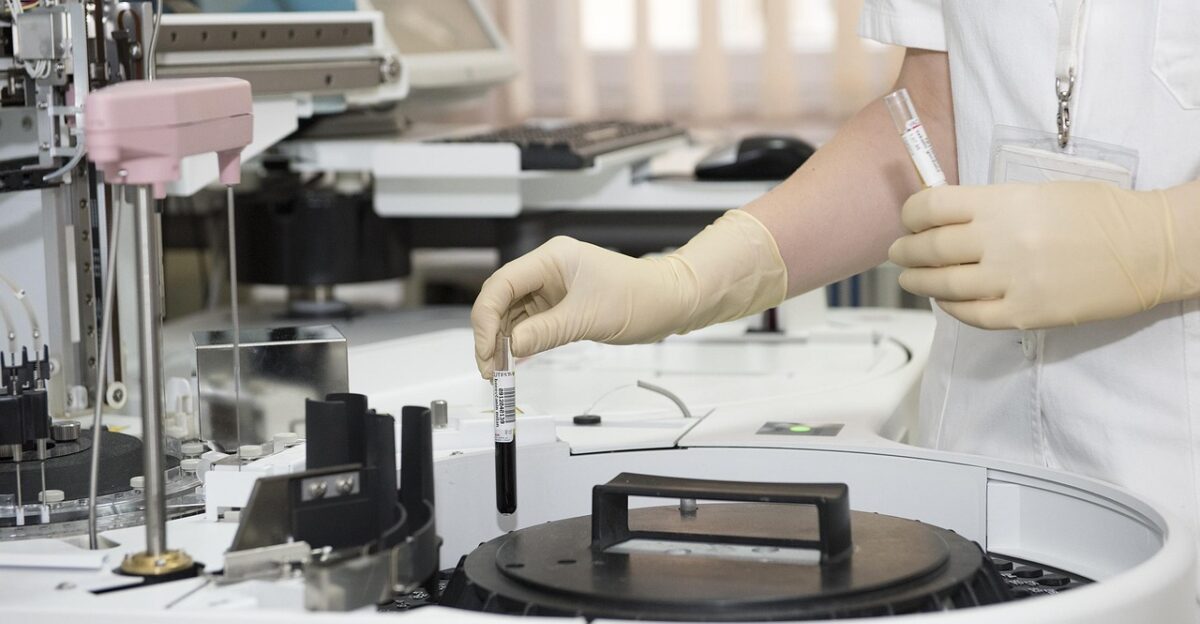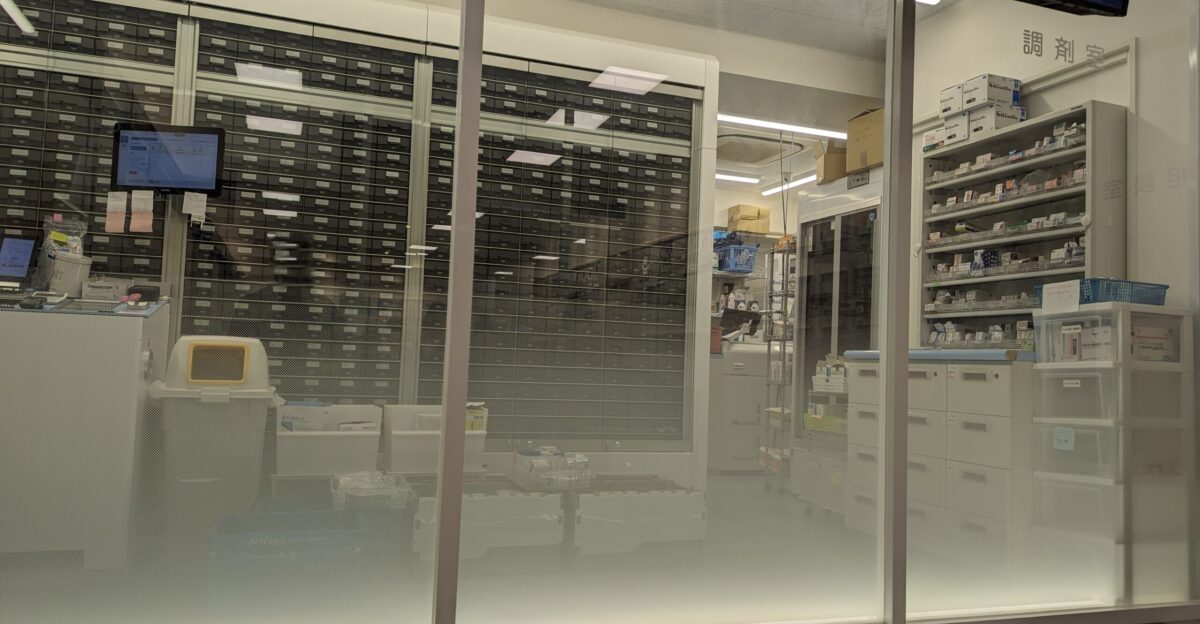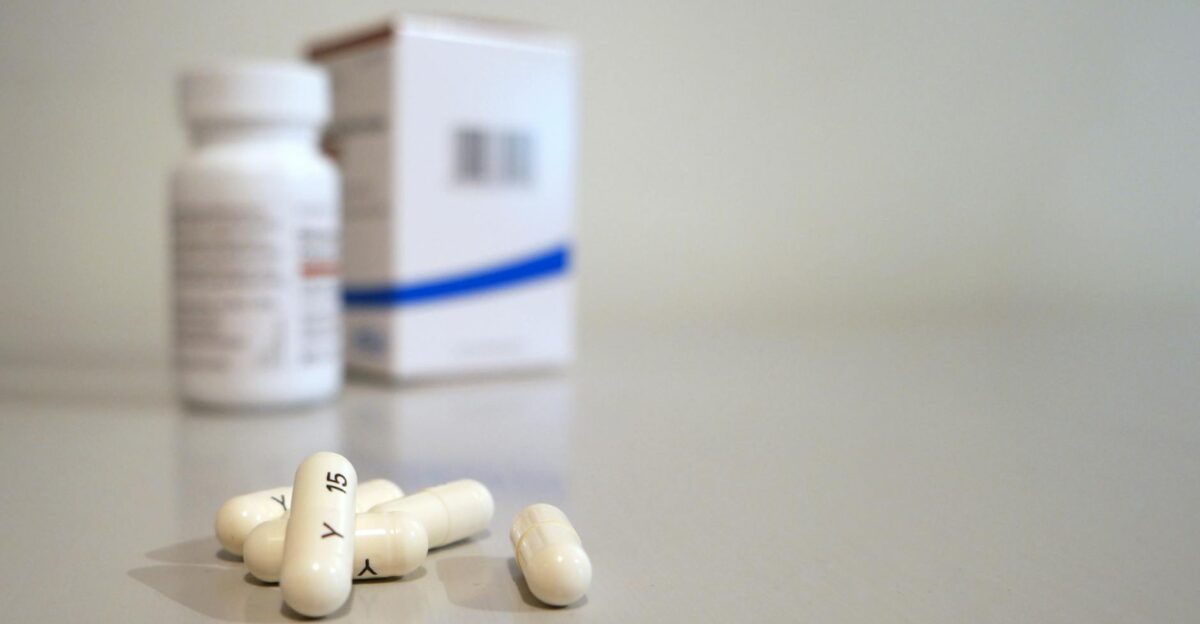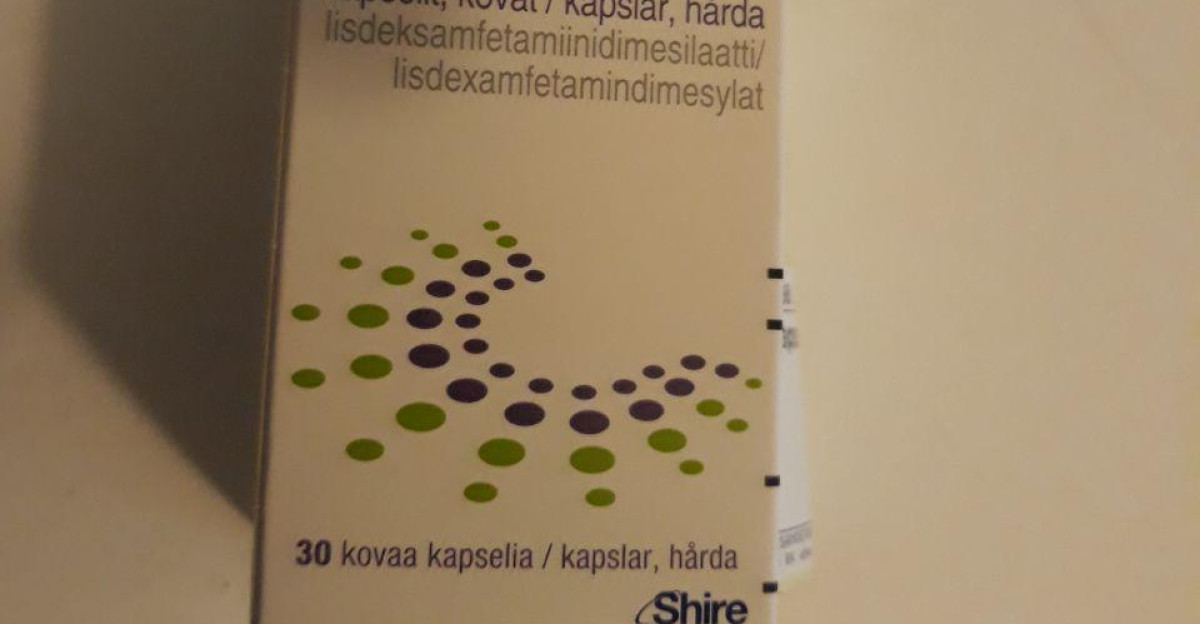
Sun Pharmaceutical Industries has launched a nationwide recall of ADHD medication pills after laboratory tests revealed the capsules failed to dissolve properly, raising concerns for thousands of Americans who rely on this treatment. The recall, classified as Class II by the FDA, signals potential health risks and comes at a time when ADHD medication shortages are already straining patients and pharmacies across the country.
The Medication at the Center of the Recall
Lisdexamfetamine dimesylate, the generic equivalent of Vyvanse, is among the most widely prescribed medications for attention deficit hyperactivity disorder (ADHD) in the United States, with over nine million prescriptions filled in 2023. Approved for patients aged six and older, it helps manage symptoms by increasing attention and reducing impulsivity. The drug is also used to treat moderate to severe binge eating disorder in adults. The recall affects multiple dosage strengths, from 10mg to 70mg, distributed nationwide in 100-count bottles between May 2024 and November 2024. The affected lots have expiration dates extending into 2026.
Laboratory Failures and Patient Risks

The recall was triggered after 12-month stability tests showed the capsules did not meet dissolution specifications under standard storage conditions—25°C and 60% relative humidity. This means the pills may not break down as intended in the body, potentially delivering less than the full therapeutic dose. For patients, this could result in poorly controlled ADHD symptoms, affecting daily functioning, academic performance, and workplace productivity. The FDA’s Class II designation indicates that while serious harm is unlikely, the medication could cause temporary or medically reversible health consequences, prompting immediate action from pharmacies and distributors.
Financial and Industry Impact

The timing is particularly challenging, as the recall removes a significant supply from an already strained market. Since October 2022, the U.S. has faced persistent shortages of ADHD medications, including Adderall, Vyvanse, and Concerta, due to manufacturing issues, DEA production quotas, and rising demand. The removal of these pills further widens the gap between supply and need, raising concerns about panic stockpiling and further destabilization of the supply chain.
Quality Control and Manufacturer Response
The defective capsules were manufactured by OHM Laboratories in New Jersey and distributed by Sun Pharmaceutical’s U.S. division. This is not the first time the company has faced such issues; a similar recall in July 2025 involved over 5,400 bottles due to dissolution failures at the nine-month stability mark. The recurrence of these problems has prompted questions about the adequacy of quality control measures at the manufacturing facility and the sufficiency of FDA oversight for generic drugs. Since the FDA approved generic lisdexamfetamine in August 2023, other manufacturers have also issued recalls for related quality issues, including failed content uniformity, which can result in inconsistent dosing.
Patient Guidance and Broader Implications

Patients are urged to check their prescription bottles for specific lot numbers and expiration dates associated with the recall. Medical experts strongly advise against abruptly stopping ADHD medication, as sudden discontinuation can lead to withdrawal symptoms such as extreme fatigue, severe depression, and a rebound of ADHD symptoms. Patients should continue taking their prescribed medication while arranging for replacements through their pharmacy or healthcare provider.
Pharmacies have been instructed to remove affected lots from shelves and notify patients who received recalled medication. However, many are struggling to source replacements due to ongoing shortages and strict DEA production quotas, which, despite a 24% increase in September 2024, still limit supply flexibility during crises like recalls. Healthcare providers recommend discussing alternative treatments, including other formulations of lisdexamfetamine, different stimulant medications, or non-stimulant options, all under medical supervision.
Looking Ahead

The FDA is continuing its investigation into the root causes of the dissolution failures at OHM Laboratories. Advocacy groups are calling for stronger quality standards for generic controlled substances and more transparent communication during shortages. With over nine million prescriptions dispensed annually, the recall’s impact is significant, highlighting the need for robust quality control and responsive supply chain management in the generic drug industry. Patients and healthcare providers are advised to stay alert for further updates and to report any worsening symptoms promptly, as the industry works to restore confidence and stability in ADHD medication supplies.